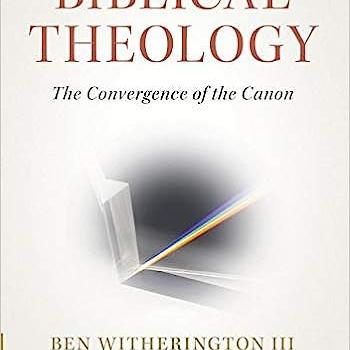Here is a helpful post by my friend and colleague Larry Hurtado. See what you think BW3
by larryhurtado
At a recent conference there was a paper presented in which there was repeated reference to the “performance” of passages from the Gospels in early Christian gatherings. Indeed, the presenter posited that this likely involved acting out passages, such as the narrative parables of Jesus. In recent years there have been a number of similar claims, and the word “performance” seems to have acquired a greater prominence in NT studies. I guess it depends on what one means by “performance” of a text, but when some scholars assert “performance” of texts and not the reading of them, I’m a bit sceptical.
It’s not clear that proponents of this “performance” emphasis have taken the trouble to familiarize themselves with the evidence relevant to the question of how texts were read (and read in groups) in antiquity. There has actually been a good deal of work among classicists, for example, on how texts were read in the Roman world of earliest Christianity, and yet these studies seem not to be noted. To cite a few, there is Raymond J. Starr, “Reading Aloud: Lectores and Roman Reading,” The Classical Journal 86 (1991), 337-43, on the use of trained readers (often/typically trained slaves) for reading literary texts out to their masters and/or to social gatherings. As Starr notes, the emphasis was on skilful reading, including such things as proper reading-out of poetry. So, in this sense a text was “performed”, meaning simply read with skill. But this hardly amounts to what proponents of “performance” of biblical texts seem to mean.
There is also William A. Johnson, “Toward a Sociology of Reading in Classical Antiquity,” American Journal of Philology 121 (2000), 593-627, who focuses on the reading of literary texts in gatherings of Roman elites, typically as part of the “entertainment” at elite dining parties. But, again, little more is suggested than simply skilful reading-aloud of texts. And see now his fuller discussion: William A. Johnson, Readers and Reading Culture in the High Roman Empire: A Study of Elite Communities (Oxford: Oxford University Press, 2010).
Indeed, we have numerous depictions of social gatherings in which someone is reading aloud from a manuscript copy of a literary text. See examples in Theodor Birt, Das antike Buchwesen in seinem Verhältnis zur Literatur, mit Beiträgen zur Textgeschichte des Theokrit, Catull, Properz, und anderer Authoren (Berlin: W. Herz, 1882); Henri I. Marrou, Μουσικος Ανηρ: Ètude sur les scenes de la vie intellectuelle figurant sur les monuments funèraires romains (Rome: Erma di Bretschneider, 1964).
In my experience, those who urge a strong “performance” view of the delivery of texts in early Christianity (whom I shall refrain from naming out of courtesy) also seem woefully uninformed about the physical properties of earliest Christian manuscripts, which are , in fact, the most valuable physical artefacts of the writing, circulation and usage of texts in early Christian circles. One sees statements by some scholars that manuscripts were not meant to be read from, but were used to memorize the text for “performance”, i.e., purely oral delivery from memory. Well, maybe some Christians particularly trained in oratory may have done this, although in fact we have no indication of it. But we do have physical evidence of manuscripts of Christian literary texts (notably, those treated as scripture, i.e., read out in churches) being prepared by the originating copyist with various “readers’ aids”, precisely to facilitate the reading of these manuscripts. (I’ve discussed this matter in my book, The Earliest Christian Artifacts: Manuscripts and Christian Origins [Eerdmans, 2006, esp. pp. 155-89].)
So, if “performance” of texts means simply reading out texts to a group, OK. But then why “performance” and not simply “reading aloud” of texts? But if by “performance” something more, something like a dramatization, is intended, this amounts to an unsubstantiated speculation, for which there is scant basis either in what we know about the handling of literary texts in earliest Christianity or in the larger Roman setting. Certain literary texts, e.g., plays, were certainly performed on the stage, but prose literary texts were simply read out, preferably skilfully, in social settings, and in earliest Christian circles.


















